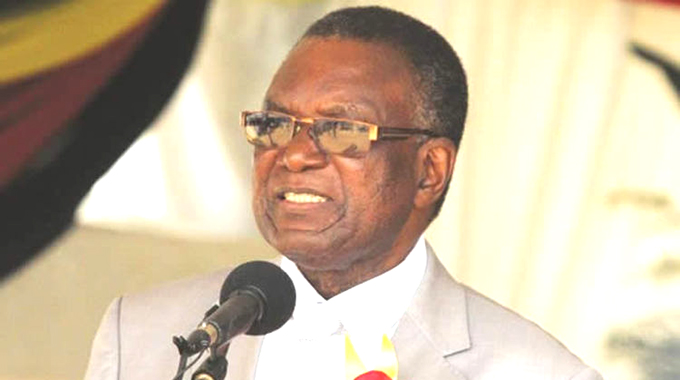Sadc to prioritise Batoka hydro power project

Leonard Ncube, Victoria Falls Reporter
THE Sadc region has made the Batoka Gorge Hydro-Electric Scheme (BGHES) one of its priority projects as it is critical for development and energy generation in the region.
This came out at the 36th session of the Council of Ministers of the Zambezi River Authority (ZRA) in Victoria Falls yesterday.
The Council of Ministers, just like ZRA, is a bi-lateral co-operation arm for Zambia and Zimbabwe on construction of the $4 billion infrastructure project as well as rehabilitation of Kariba Dam.
The council is made up of Ministers of Finance and Ministers of Energy from both countries.
Speaking at the meeting, Council of Ministers co-chair Dr Joram Gumbo, who is Zimbabwe’s Minister of Energy and Power Development, highlighted that there was renewed interest in the project by potential financiers.
“Recent months have witnessed a lot of interest being expressed in the Batoka Project which is a positive indicator of its commercial effectiveness. It’s therefore critical that we move with speed to conclude the preparatory studies in order to capitalise on this surge in interest. Our principals are agitated by the delays in completing preparatory studies,” said Dr Gumbo whose chairmanship term ends this month.
BGHES will generate 2 400MW of electricity to be shared equally by the two countries and feed into the regional grid.
Addressing journalists at the close of the meeting, another co-chair Mr Mathew Nkhuwa, who is Zambia Minister of Energy and the incoming chair, said the project would create over two million jobs.
“The project is critical to the development of both Zambia and Zimbabwe and the Sadc region. The Ministers noted that BGHES has been chosen as one of the priority projects under Nepad (New Partnership for Africa’s Development) and as such has been given a continental status as well as a regional priority under Sadc,“ said Minister Nkhuwa.
He said there would be 1 185 direct jobs, 552 indirect jobs, 1 070 induced jobs, and 2 450 000 secondary jobs.
Minister Nkhuwa said the two countries are in the process of assessing ways of empowering and equipping local industries to ensure that most of the raw materials like cement and steel which are major inputs into the construction of the project are produced locally. “This implies that the project will not export but retain jobs in the region as well as promoting the establishment of new industries”, he said.
The meeting was meant to review progress on the Kariba Dam rehabilitation project, BGHES, impact of the projects’ social responsibility programmes on communities and approval of the projects’ 2019 budget.
The meeting also discussed various projects that ZRA has undertaken either side of Zambezi River through the Zambezi Valley Development Fund. — @ncubeleon









Comments